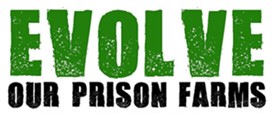Controversy over feds’ plan to use prison labour for goat milk production for export not going away
Despite repeated claims of ‘no goats, therefore no contracts’ Conservative MPs and anti-prison labour advocates are once again raising concerns over plans for an industrial factory farm at the Joyceville penitentiary in Kingston.
The Hill Times [click to view original article or download PDF]
June 6 2022, Stuart Benson
